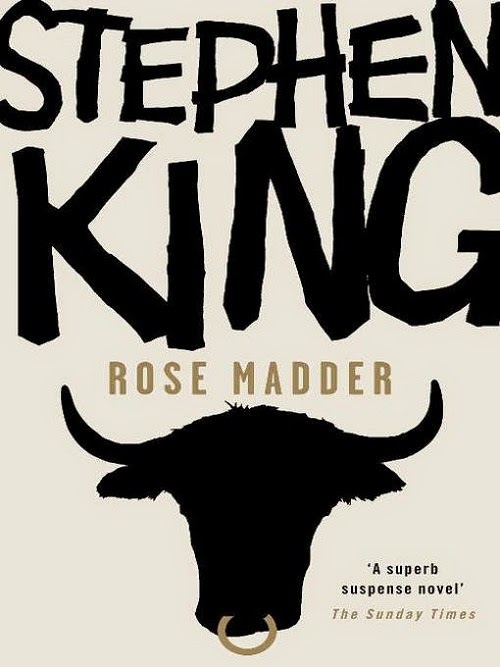"It's turned out nice again"
-George Formby
Robert Rankin is a hard author to review. Not for any textual reasons, he's not like a William Gaddis or a Mark Z. Danielewski who keeps things willfully obtuse, no, everything is right there in the open for your perusal should you wish to peruse it. No, Rankin is a hard author to review because of what I call the "Rankin Metaverse". You see, in the tradition of many other authors of weird fiction (and Rankin is weird, to be sure), many of Rankin's books connect to each other in sometimes small, sometimes rather huge ways. The way everyone has knowledge of the phrase "Taking Tea With The Parson" and the odd sexual position it represents. The ubiquity of Lazlo Woodbine, PI and Hugo Rune. The constant fourth-wall asides to both Robert Rankin and his work, which all the main characters (sometimes inexplicably) read. So, much like with Tim Dorsey a few weeks ago, how best to approach something when you're not sure whether or not the person you're recommending it to is in on all the jokes? Especially when someone such as your not-quite-humble reviewer harbors a certain grudge against reviewing single books as single books when they fit into a larger work?
By saying it like this: Necrophenia is not Robert Rankin's most accessible work-- for the non-metaverse entries that would be The Hollow Chocolate Bunnies of the Apocalypse and for the metaverse works that would beyond a doubt be the twelve-part six-hour radio adaptation of The Brightonomicon, where they had to make it an accessible entry into Rankin's work while preserving the strangeness and some of the characters who make repeat appearances throughout (The ending of the series even caps off with an advertisement for the nine-volume Brentford Trilogy). But despite being not as accessible as the works I've just mentioned, Necrophenia is a damn fine read in and of itself, one that ties itself into the universe nicely while still leaving enough points of entry that newer readers can get right into it and pick up on the absurdity of Robert Rankin's novels. It's also a touching meditation on age and the passage of time, and the only novel I can think of where not having the slightest idea of what's actually going on in the story does nothing to affect the enjoyment of it. It's a strange, at times boldly absurd book with a lot of heart, and well worth the read.
More, as always, below.








.jpg)
















